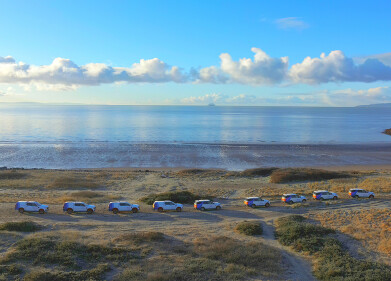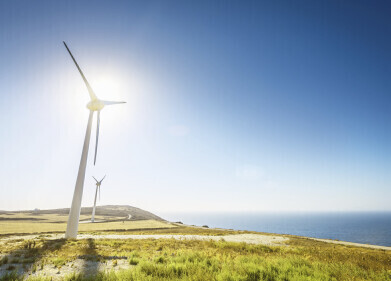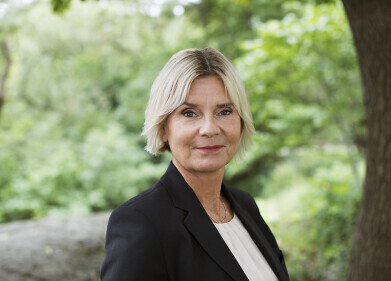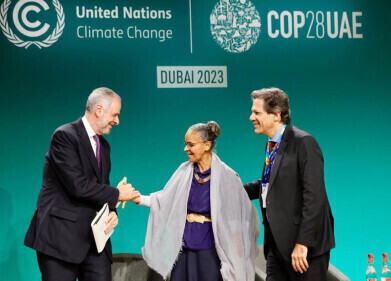Consultancy services
New International Network to Study Greenhouse Gases over the Amazon
Jun 06 2012
Researchers from the University of Leicester (UK) together with colleagues from other institutions from the UK and from the State of São Paulo, Brazil, are setting up a new international network to study the carbon cycle over the Amazonian rainforest.
The network’s main objective is to evaluate the feasibility of remote sensing of greenhouse gas concentrations over Amazonia. This would improve our understanding of the Amazonian carbon cycle and tropical carbon fluxes (the movement of carbon within a system).
The Natural Environment Research Council (NERC) and the São Paulo Research Foundation (FAPESP) are funding the newly created ‘UK/Brazil Research Network for an Amazonian Carbon Observatory’, including a grant to Dr Hartmut Boesch, an RCUK Research Fellow in the University of Leicester’s Department of Physics and Astronomy and a member of the Earth Observation Science Group. A further grant is being provided by FAPESP to support the Brazilian side of the research, lead by Prof. Luciana Vanni Gatti, coordinator of the Atmospheric Chemistry Laboratory at IPEN/CQMA (Nuclear and Energy Research Institute /Environmental and Chemistry Centre).
The network also includes investigators from the School of Geosciences, University of Edinburgh and School of Geography, University of Leeds and from the following Brazilian Institutions: IPEN, the National Institute for Space Research (INPE) and University of São Paulo (USP) – and there are other project partners in the UK, USA, France and Germany.
Dr Boesch said: “Amazonia is hugely important as it stores huge amount of carbon in its biomass and soils. However, this region is under large pressure from changes in climate and environmental changes such deforestation and urbanisation which can lead to a release of this carbon into the atmosphere with severe consequences on climate.”
Professor Gatti said: “Considering that the Amazon Basin represents 50% of the global tropical forest biome, and contains on order of 95 - 120Pg above ground biomass and additional 160 PgC in soils, it is very important to know and understand the carbon budget of Amazonia. Techniques that show a regional view are very important to obtain a regional carbon budge from Amazonia, like satellite, aircraft profiles and TCCON measures”
The new network will bring together diverse research communities, foster the interaction and exchange of expertise and ideas, and provide a framework for addressing key questions around the Amazonian carbon cycle. The network will be open to all researchers from the UK, Brazil and the greater international research community.
Events
Carrefour des Gestions Locales de L'eau
Jan 22 2025 Rennes, France
Jan 29 2025 Tokyo, Japan
Feb 05 2025 Nantes, France
Feb 16 2025 Kampala, Uganda
Feb 26 2025 Chennai, India










